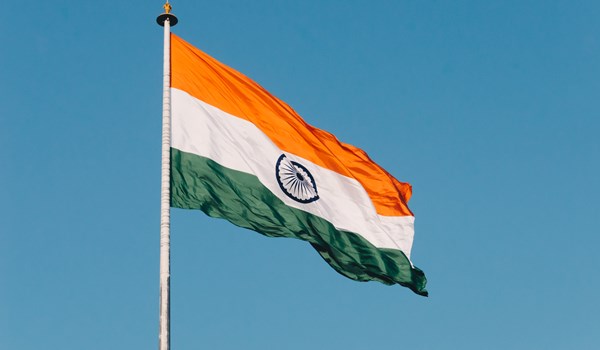Jurisdictions
Regions
Industry Sectors
10/02/22
INDIA: Big Tech firms play it safe, await clarity before adjusting taxes.

As published on economictimes.indiatimes.com, Thursday 10 February, 2022.
Large US multinationals such as Google, Facebook, Twitter, Amazon, and Apple have decided not to create deferred tax assets or capitalise them in their accounting statements for next year till they have more clarity around India’s stand on equalisation levy, according to tax advisors.
India in November last year said that it would adjust the 2% levy collected from US multinationals against future tax liabilities once clarity emerges around ‘pillar one’ under the OECD’s BEPS framework.
"India has said that the 2% equalisation levy it has collected from US multinationals will be adjusted against future tax liabilities of these companies. This would mean that India's tax revenues from OECD’s pillar one, whenever it’s introduced and implemented, will be reduced to the tune of the total equalisation levy collected," said Ajay Rotti, partner with tax advisory firm Dhruva Advisors.
Experts say the way things are evolving at the OECD and if one takes the government’s decision not to introduce anything around pillar one, SEP or other unilateral measures in the Budget, it’s clear that the Indian government too is waiting for some more clarity.
"Going ahead, India will not just have to withdraw these unilateral measures relating to digital services taxes, such as the equalisation levy, it may also require adjustment with respect to the money collected against the future pool that it will collect under pillar one," said Paras Savla, partner at KPB & Associates.
So, for instance, after the OECD deal is implemented, India’s share of, say, a multinational's global revenue comes to Rs 150 crore.
And if India has already collected Rs 50 crore, then the country will only get Rs 100 crore from the kitty. The multinationals will be able to take credit for the remaining amount—Rs 50 crore—in the US and reduce their tax liability.
This could also mean that the multinational can start reflecting this amount on their asset side, once the clarity emerges, say tax experts.
Since June 1, 2016 (when 6% EL was introduced) till December 31, 2021, Google has paid more than Rs 3,200 crore towards 6% equalisation levy on digital advertising services payment made from India.
For 2% EL from April 2020 (when 2% EL was introduced) till December 31, 2021, Google has paid around Rs 500 crore on all other digital services (including offshore ads seen in India).
Google, Netflix, and Twitter spokespersons refused to comment on the story, while Amazon and Apple did not respond to ET’s queries.
Technically, multinationals can create tax assets or reflect the equalisation levy paid in India on their assets, a person with direct knowledge of the matter said.
However, in the last few weeks, all large multinationals have been advised by their tax advisors and auditors to take a cautious call.
"These companies will have to at least wait for a year, before we get more clarity. Many companies also want the Indian government to either refund or adjust the 6% equalisation levy too," a tax advisor advising one of the large US multinationals said.
In 2020, the government expanded the scope of the equalisation levy in a bid to tax internet giants' digital advertising revenues from India to include any purchase by an Indian or India-based entity through an overseas ecommerce platform.
Now the equalisation levy of 2% is also applicable on all online sales of goods or services, any purchase that has been made online, online payments and even an offer that's been accepted online.
The OECD recently brought together 136 countries to accept a deal to ensure that large multinationals pay a minimum tax of 15% on their global incomes from 2023, and those with profits above a threshold will have to pay taxes in the markets where they conduct business.
The new OECD framework would mean that large companies will have to disclose their global revenues and pay taxes on them. India became part of the deal with the hope that it could increase its revenues from taxing large multinationals in the years to come.



